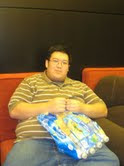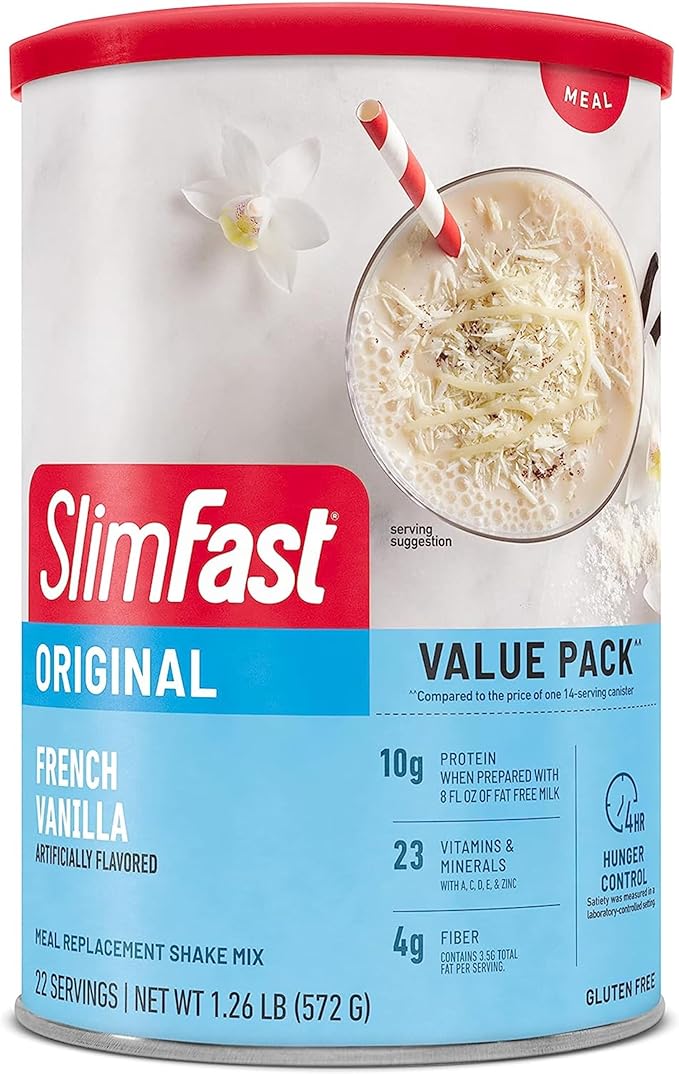There’s this moment—somewhere between getting out of bed and reaching for the coffee—that it hits. That thick, unshakeable ugh. Maybe it’s the knees. Or the lower back that acts like it’s got its own personality now. Or maybe it’s just the memory of stepping on the scale yesterday and thinking, again? really? You don’t even want to bring it up to anyone. Because it’s not just the weight. It’s what the weight means. Age. Time passing. Control slipping. And that word people love to whisper like it’s contagious: “unhealthy.”
You ever feel like the world built this maze—and every weight loss tip is just another dead end? Juice cleanses that taste like punishment. Workout videos where the trainer is yelling like you’re in boot camp (please, your hips would mutiny). And every ad’s got this smiley 30-something who says, “It’s so easy!” Like. No. It’s not. Not when your body’s got its own set of rules now. And to be totally honest—it’s kind of insulting. Because you’ve been trying. Quietly. With all your aches and limitations and dignity intact. But nothing’s shifted. Not enough, anyway.
So you start bargaining. Maybe this is just how things are now. Maybe being 60 means waving goodbye to energy, to mobility, to fitting into jeans without playing tug-of-war. That mindset creeps in, doesn’t it? Sneaky like a draft under the door. But here’s the plot twist—what if the problem isn’t you? What if the advice you’ve been given just… doesn’t apply to you anymore?
I read this article recently—New York Times, maybe?—talking about how most fitness programs are designed with “average” adults in mind. Not older bodies. Not people recovering from, say, heart meds or arthritis or burnout. Honestly, it’s like designing a parachute for a bird and handing it to a penguin. Graceful theory. Useless in practice.
The weird part? Your body’s still capable. It’s just been waiting for someone to talk to it like it’s not broken. It needs different rhythms now. A different tempo. Like jazz—less structure, more feel. I remember trying to do one of those 30-day squat challenges, back in 2023, and making it to Day 3 before I thought, I’m going to combust. But when I switched to walking during sunrise—five minutes at first, no expectations—something shifted. Not just physically. Mentally. It felt like I was being kind to myself again.
The science backs it up, too. There’s data from the Obesity Society that says seniors—yes, seniors—who follow moderate, low-impact routines actually lose more sustainable weight than younger people doing extreme diets. Crazy, right? All this time, the secret wasn’t more punishment. It was… subtlety. Timing. Respecting the fact that your body’s a veteran, not a rookie.
Now—here’s where things get weirdly hopeful.
Once you stop fighting your body and start listening, you notice things. How food makes you feel—not just full or guilty, but alive. How sleep (even bad sleep) changes when you’re not eating three hours too late. How your joints start talking a little less—less whining, more whispering. And suddenly the idea that “it’s too late” starts to feel… flimsy. Like a fog you can wave away with your hand.
This isn’t about turning back the clock. Let the clock tick. This is about being here—in this version of your body—with a strategy that fits like an old sweater: worn, soft, and shockingly comforting. No six-packs. No intermittent fasting that feels like torture. Just real food. Real movement. Real relief.
And that brings us to the point—kind of buried under all this meandering hope and lived-in frustration—but here it is:
There’s a method. Not a miracle. A method. Built exactly for this—your age, your health quirks, your life. It’s called The Ideal Body BluePrint, and it doesn’t care how many times you’ve “failed.” It only cares that you’re still here. Still willing. Still searching.
Because maybe, just maybe, this isn’t the end of the story.
Maybe it’s the plot twist.

